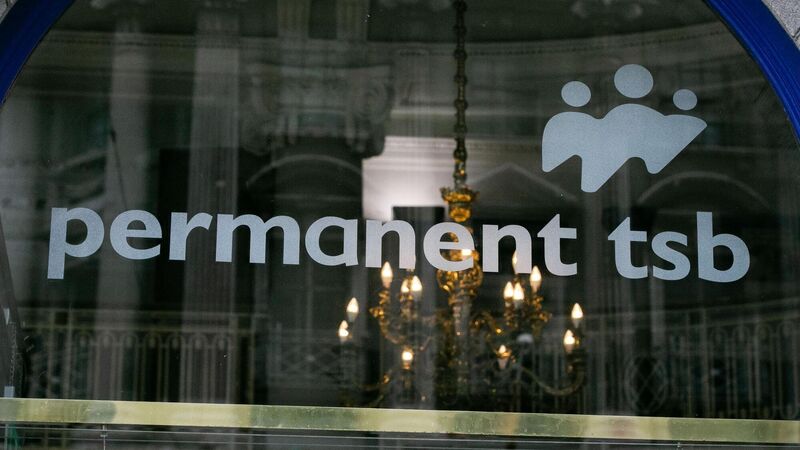Deaf Permanent TSB customer awarded €8k after bank refused to deal with interpreter

Complainant told the WRC she regularly used Irish Sign Language Interpreting Services
services, which she described as 'fantastic', to have perfectly normal conversations with service providers like restaurants, insurance companies and her family doctor. Picture: Sam Boal/Rollingnews.ie
Permanent TSB has been ordered to pay €8,500 compensation to a deaf customer after it refused to deal with a sign language interpreter who was assisting her with a phone call.
The Workplace Relations Commission ruled the bank had discriminated against Sofiya Kalinova under the Equal Status Act 2000 on grounds of her disability and that she had been “greatly inconvenienced” by the bank.











